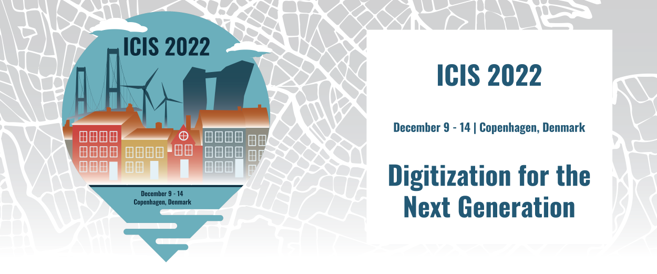Loading...
Paper Number
1194
Paper Type
Complete
Description
Drawing on panel data, we undertake a fuzzy-set Qualitative Comparative Analysis (fsQCA) of the determinants of high levels of the e-Government Development Index (EGDI) in the period ranging from 2003 to 2020. Our analysis showcases multiple pathways to the outcome of interest, thus bypassing partially-conflicting findings regarding the role that human capital plays as a contributor to high EGDI. Furthermore, our analysis leverages the idea of equifinality by showing two models of change working in parallel, namely incremental models of change (typical of developed countries) and punctuated equilibrium models (typical of developing and middle-income countries). This, in turn, shifts the focus of configurational thinking from theorizing a limited number of stable patterns towards utilizing configurations as ways of understanding evolutionary trajectories of change and development. Implications for theory and practice are discussed by shedding a new light on e-Government maturity thanks to the use of fsQCA techniques in a deductive fashion.
Recommended Citation
Iannacci, Federico; McManus, Richard; Rupietta, Christian; Viscusi, Gianluigi; and Karanasios, Stan, "Assessing e-Government maturity using country-level data: a fsQCA analysis" (2022). ICIS 2022 Proceedings. 1.
https://aisel.aisnet.org/icis2022/it_policy/it_policy/1
Assessing e-Government maturity using country-level data: a fsQCA analysis
Drawing on panel data, we undertake a fuzzy-set Qualitative Comparative Analysis (fsQCA) of the determinants of high levels of the e-Government Development Index (EGDI) in the period ranging from 2003 to 2020. Our analysis showcases multiple pathways to the outcome of interest, thus bypassing partially-conflicting findings regarding the role that human capital plays as a contributor to high EGDI. Furthermore, our analysis leverages the idea of equifinality by showing two models of change working in parallel, namely incremental models of change (typical of developed countries) and punctuated equilibrium models (typical of developing and middle-income countries). This, in turn, shifts the focus of configurational thinking from theorizing a limited number of stable patterns towards utilizing configurations as ways of understanding evolutionary trajectories of change and development. Implications for theory and practice are discussed by shedding a new light on e-Government maturity thanks to the use of fsQCA techniques in a deductive fashion.
When commenting on articles, please be friendly, welcoming, respectful and abide by the AIS eLibrary Discussion Thread Code of Conduct posted here.




Comments
23-ITPolicy